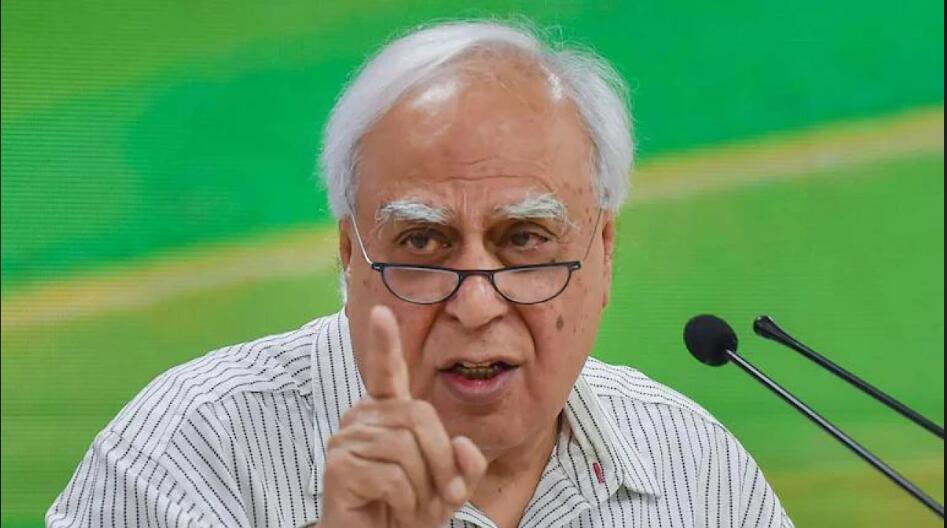Kapil Sibal, a name synonymous with courtroom theatrics and controversial legal defenses, has built quite the reputation for himself. It’s as if he has a moral compass that points him in the wrong direction with unwavering consistency. Whether it’s defending the indefensible in West Bengal or fighting tooth and nail against the Ram Janmabhoomi movement, Sibal’s legal acrobatics often leave the public scratching their heads.
Take the infamous West Bengal rape case, for instance, where violence against women was met with political apathy. Sibal’s role? Well, rather than standing with the victims, Sibal has often found himself on the opposite side, defending the government’s questionable actions or inactions. One wonders if Sibal’s legal briefs are written in the ink of political loyalty rather than justice. The man seems more concerned with safeguarding his political patrons than the rights of the downtrodden. The question then arises: Does Sibal see the victims as mere footnotes in his legal conquests, or is it just a case of selective blindness?
Then there’s the Ram Janmabhoomi case, a matter of faith for millions of Hindus. Here, Sibal did what he does best—stall and obstruct. He argued fervently that the case should not be heard until after the 2019 elections, suggesting that the court proceedings were being manipulated for political gain【9†source】. But one has to wonder, who was really trying to manipulate whom? Was it Sibal, trying to delay justice for his own political ends, or the court, simply doing its job?
And let’s not forget the Ram Setu controversy, where Sibal opposed granting the ancient structure national monument status. For a man who often champions the cause of the underdog, it’s curious how Sibal always seems to end up on the side of those who seek to undermine India’s cultural heritage. Perhaps, in Sibal’s world, some “dogs” are more equal than others?
It’s hard to ignore the pattern here. Sibal’s defenses often align with his political affiliations, raising the uncomfortable question: Does only money matter to him? Is humanity just a convenient backdrop for his legal performances? The evidence suggests that Sibal’s moral calculations are more about financial and political gain than about standing up for what’s right.
In the end, Sibal’s legacy might not be about the cases he won or lost, but about the causes he chose to champion. Unfortunately, for someone who claims to be on the side of justice, his choices often tell a different story.
